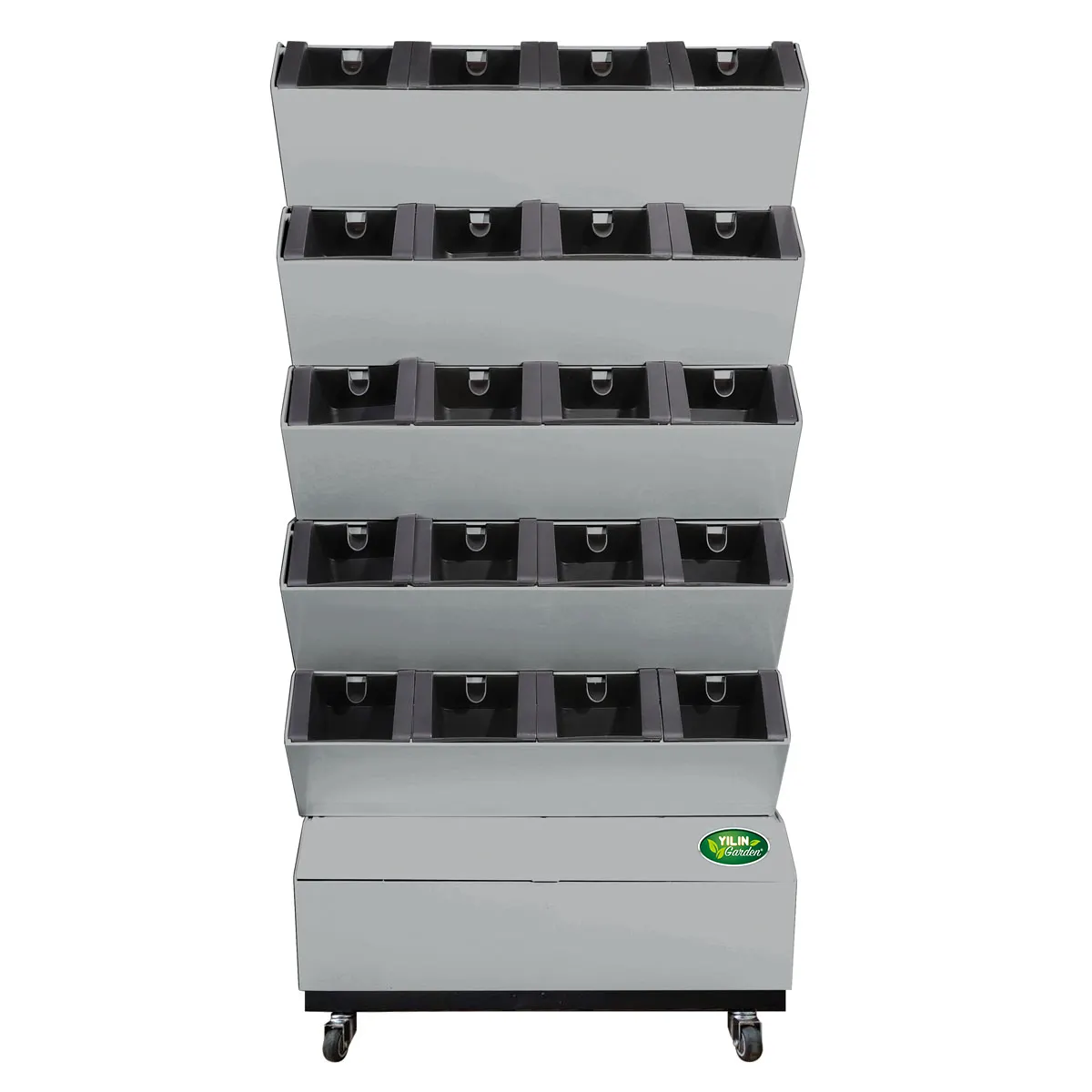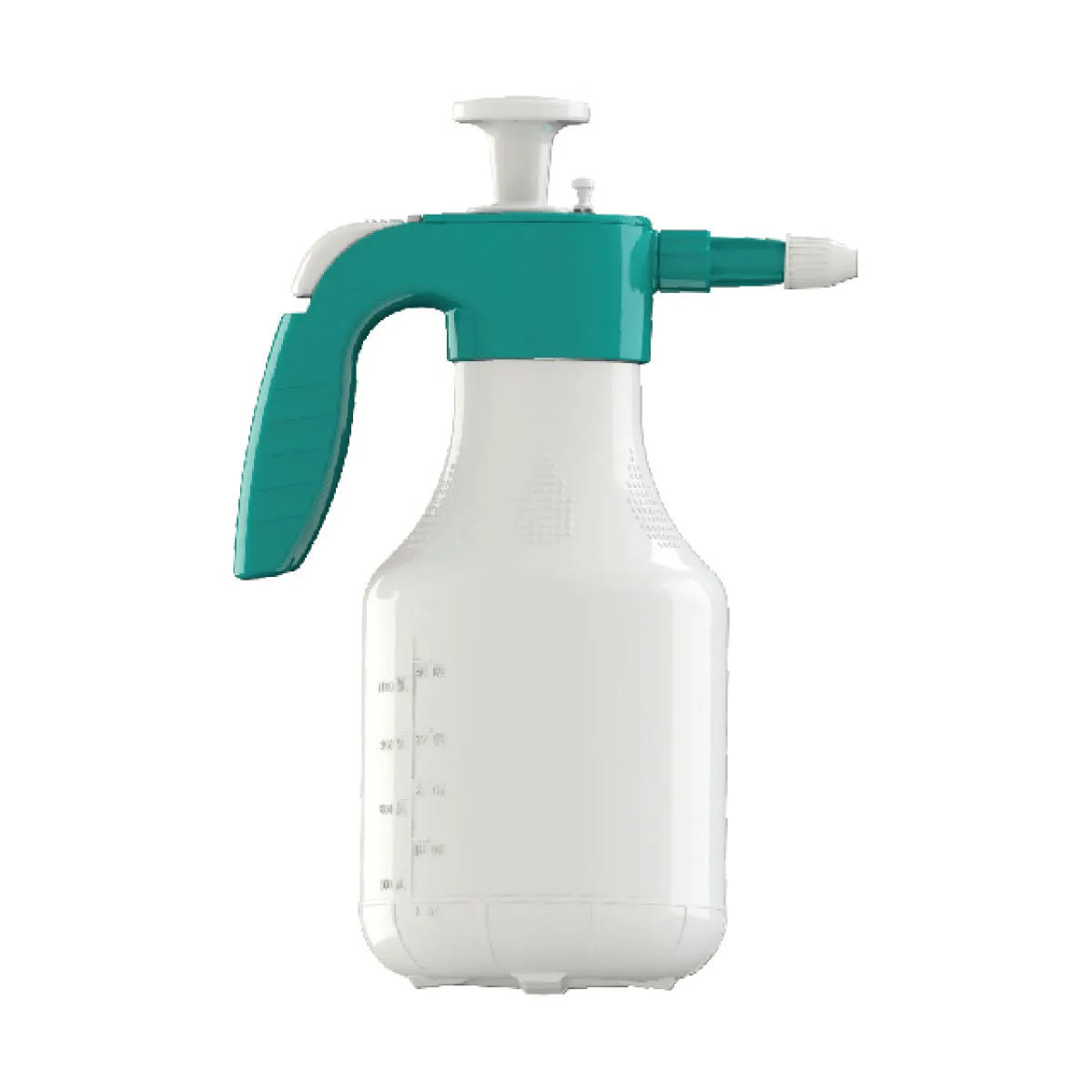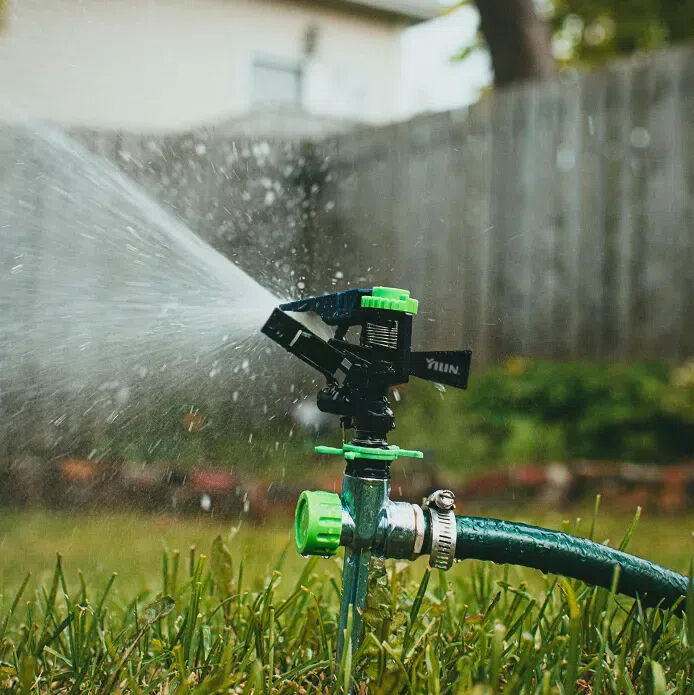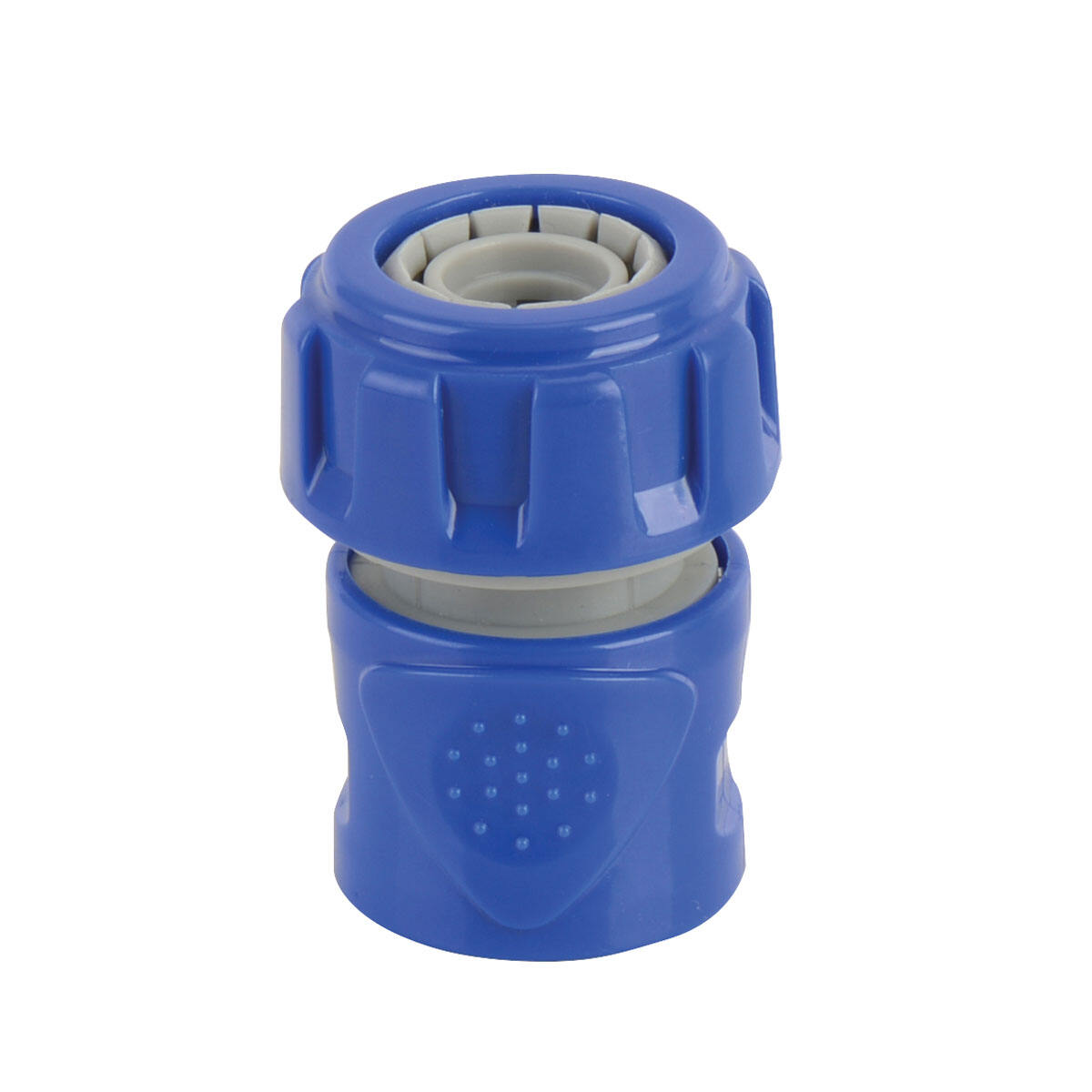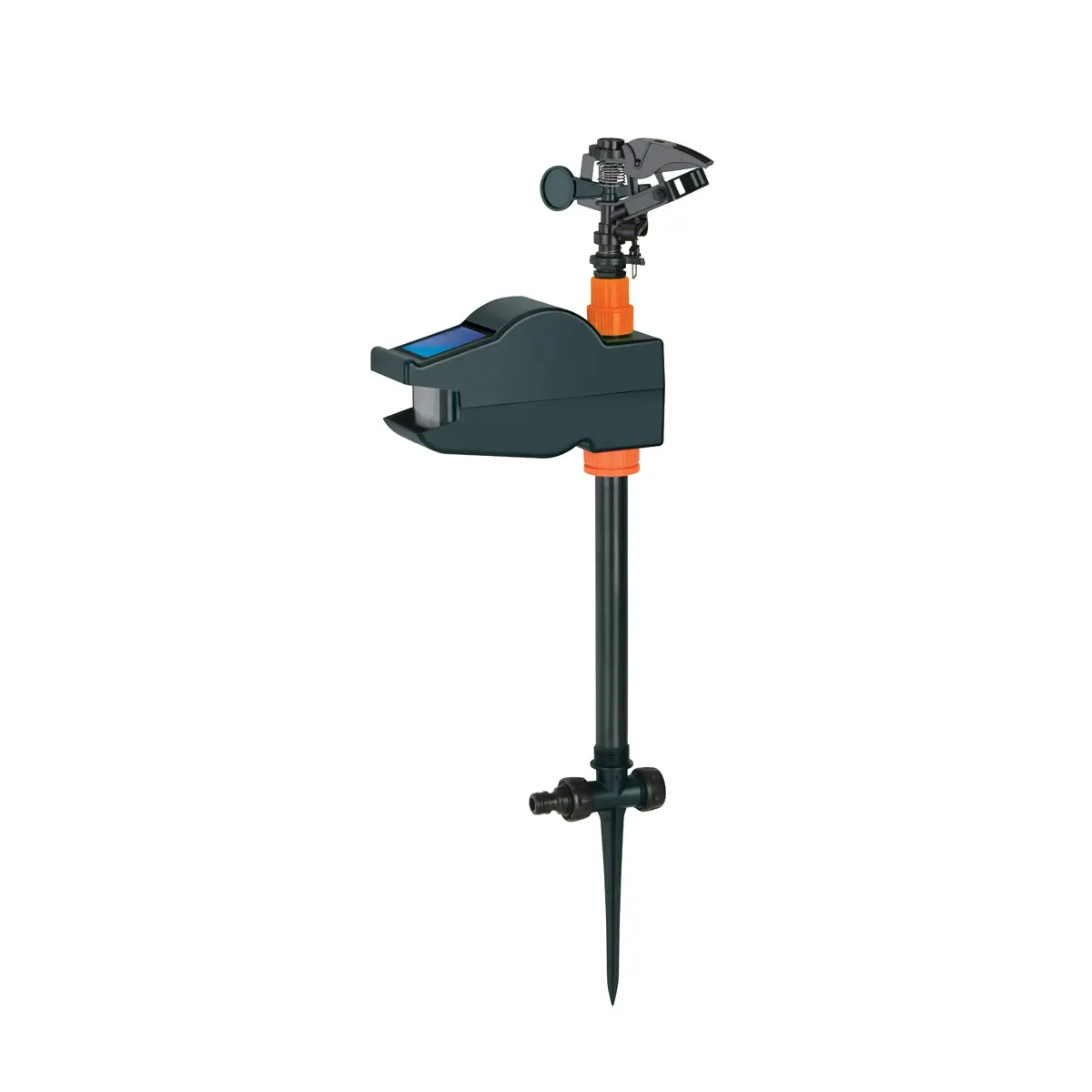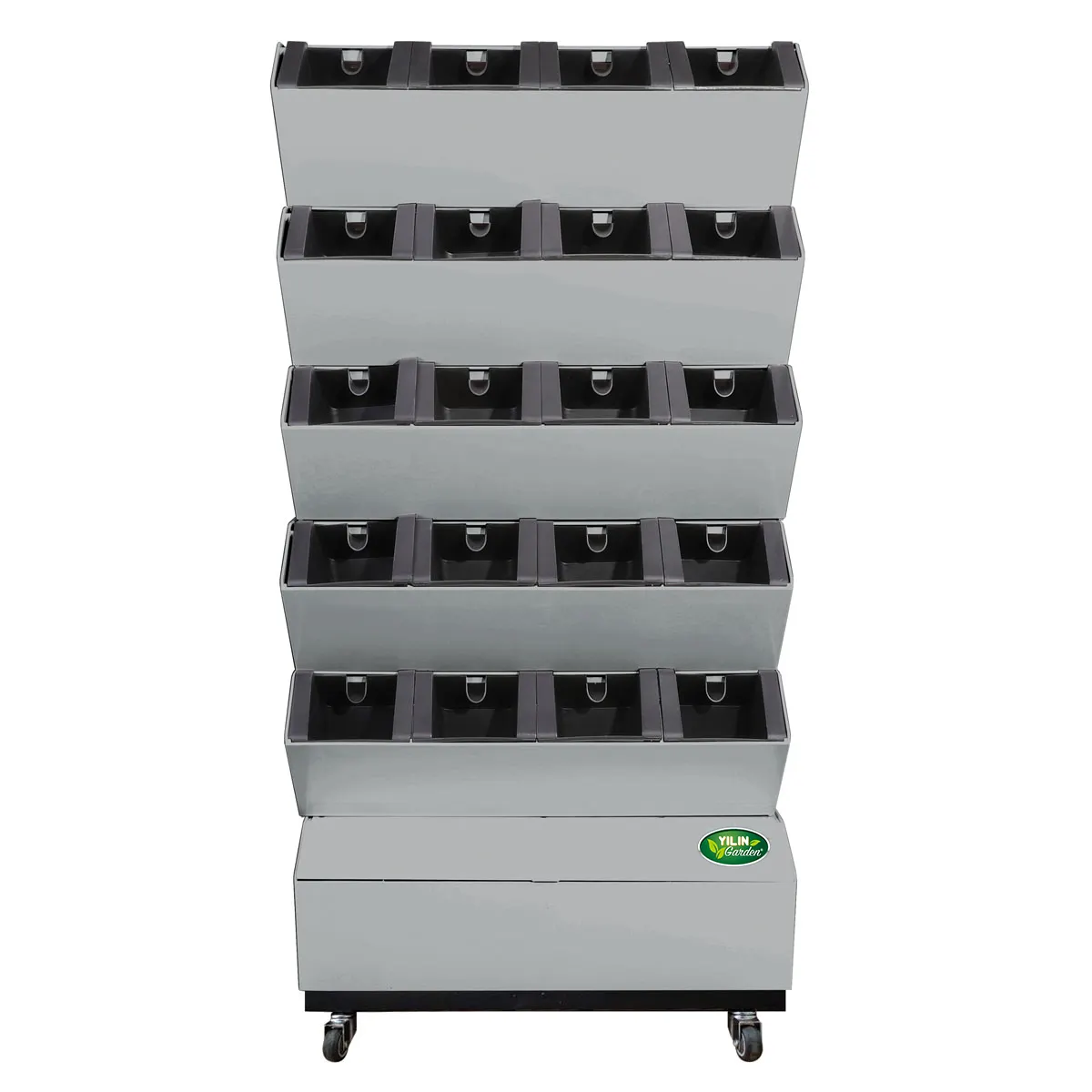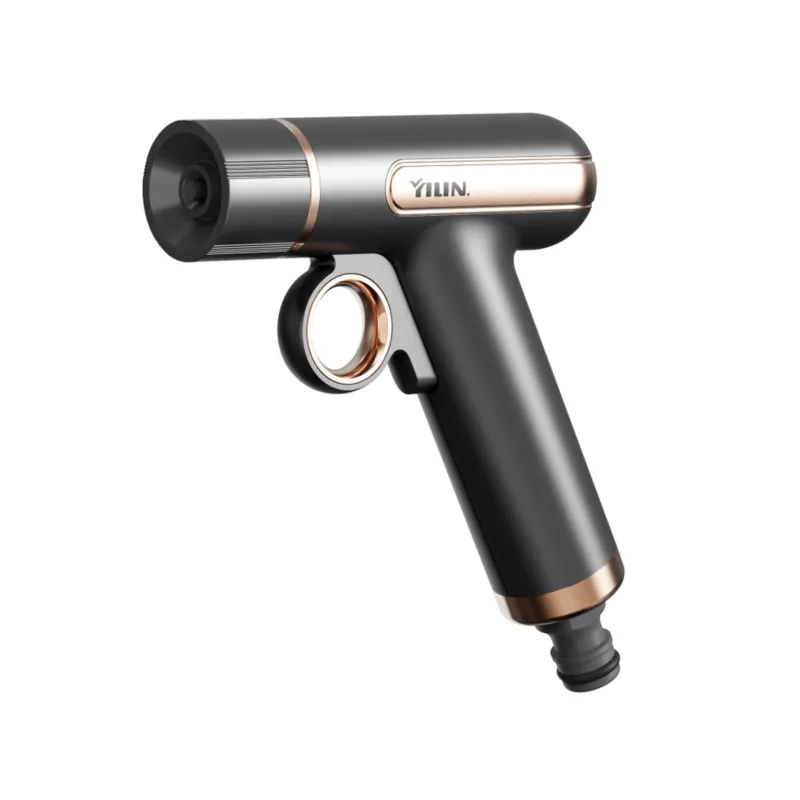smart irrigation solutions
Smart irrigation solutions represent a cutting-edge approach to water management, combining advanced technology with precision agriculture principles. These systems utilize an array of sensors, weather data integration, and automated controls to deliver optimal irrigation scheduling and water distribution. The core functionality includes real-time soil moisture monitoring, weather-based adjustments, and remote control capabilities through mobile applications. Advanced systems incorporate AI-driven analytics to predict water needs based on historical data, current weather conditions, and plant-specific requirements. The technology features include wireless connectivity, cloud-based management platforms, and integration with existing irrigation infrastructure. These solutions can be applied across various settings, from large-scale agricultural operations to residential landscapes and commercial properties. The systems typically employ flow sensors, pressure regulators, and smart controllers that work in harmony to prevent water waste and ensure optimal plant health. Through sophisticated algorithms, these solutions can automatically adjust watering schedules based on seasonal changes, rainfall patterns, and specific zone requirements, making them particularly valuable in regions facing water scarcity challenges.





